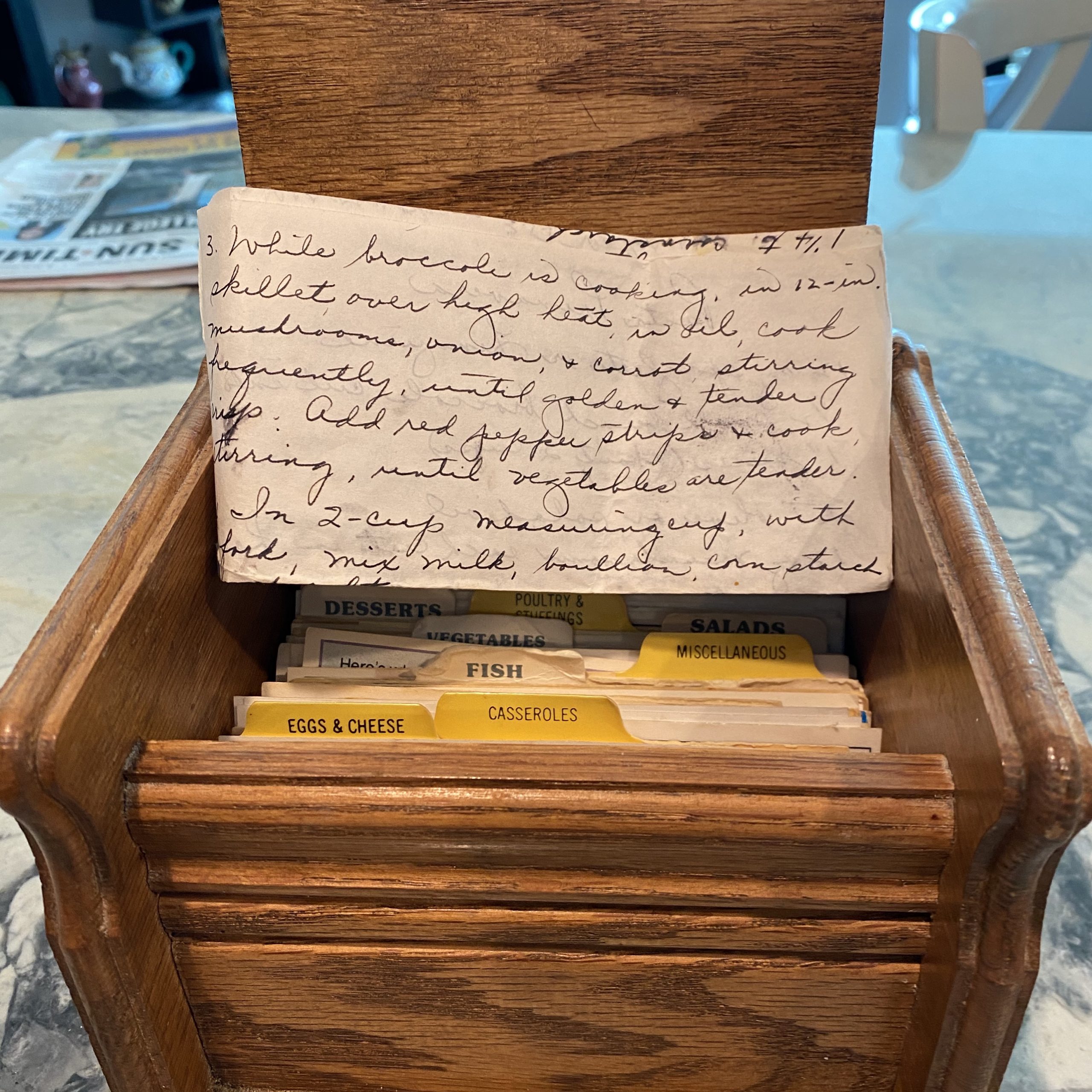
My mother-in-law’s recipe
This is an adapted version of a story in my book Terribly Strange and Wonderfully Real.
So why couldn't they read the neatly transcribed directions? Well, because they were written in cursive.
During the pandemic stay-at-home phase, someone posted on Facebook about having to help her daughters read a recipe card. Her daughters are excellent readers who are in grades three and six. So why couldn’t they read the neatly transcribed directions? Well, because they were written in cursive.
When my oldest granddaughter was in third grade, I remember a handwriting book that was part of her homework. At least she learned to sign her name that year and she can read things that are hand-written. Her little sister finished third grade without the handwriting homework. She tried to write in cursive by studying the alphabet chart decorating her classroom, but I couldn’t read many of her words.
I asked a friend who is a third-grade teacher about this. She was not surprised the handwriting book was no longer sent home. She explained that there is no time to teach cursive writing anymore. It is not part of the State Standards. There is no test to see if a child can write her name. And teaching cursive will do nothing to improve the school’s or teacher’s year-end rating, but higher test scores will.
When I suggested not even being able to sign your name to a letter, document, greeting card, or check was sad, she set me straight. You can print your name, and no one writes checks or sends hand-written letters or snail-mail cards anymore. And most documents permit e-signatures. Beautiful handwriting takes a lot of time to learn, is not easy for kids with motor challenges, and is a dying art.
She had me there. Perhaps because my hands are a bit arthritic or perhaps because I am too much in love with my computer, I don’t write too many things by hand these days. I’m more likely to compose a personal letter on Word and print it out than write it by hand. But I still like to sign my name at the bottom.
It saddens me, however, that if my grandchildren never learn to write in cursive, they will also be unable to read it. They will never be able to decipher things I wrote by hand and saved to show them. My old recipe cards will also need to be translated for them. They will never be able to read the stash of WWII letters my parents wrote to each other. If they do original research that involves pre-21st century documents, will they need an interpreter for the handwritten ones?
All of this makes me rather depressed. Someone has decided that our schools shouldn’t waste much time teaching things that don’t matter like cursive writing or art appreciation or literary classics. There won’t be a test on these things and they won’t get kids the jobs of the future. Ours is a disposable society and we are fine with tossing aside the things that are not practical for the college or career.
Maybe I should start transcribing my parents’ letters so they are not lost to their great grandchildren. There is probably no point in saving those hand-written family recipes or the things I wrote in cursive in the pre-computer era. Either type them into the computer or toss them. But I know this is not the same as looking at the originals. It’s not just the content that matters. When I look at something in my parents’ handwriting, I feel their presence. Their signatures reflect who they were. My grandkids will never experience this if they come across my hand-written documents, or even their parents’ for that matter. I just hope they will learn to sign their names.
I invite you to read my book Terribly Strange and Wonderfully Real and join my Facebook community.
Boomer. Educator. Advocate. Eclectic topics: grandkids, special needs, values, aging, loss, & whatever. Author: Terribly Strange and Wonderfully Real.


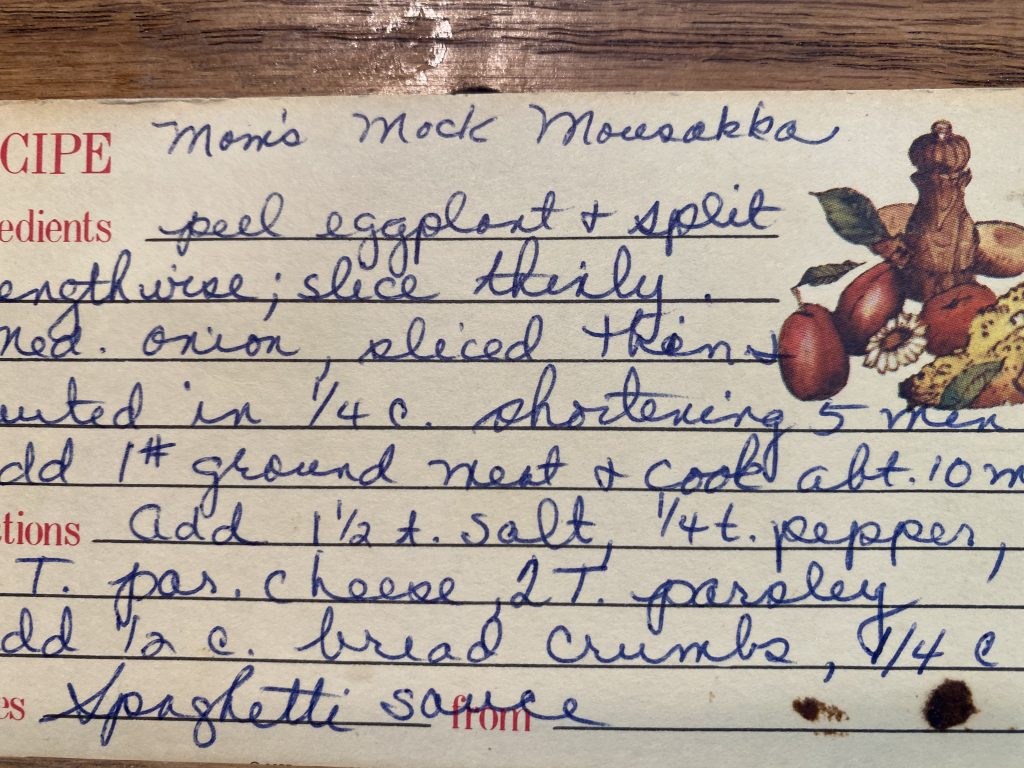
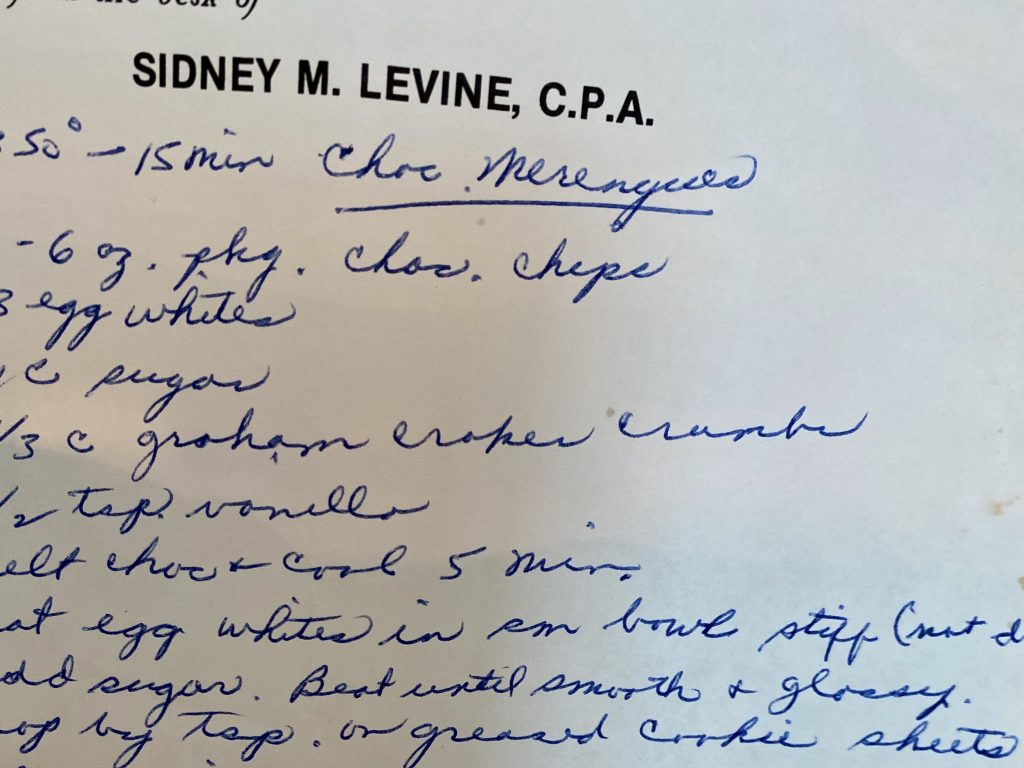
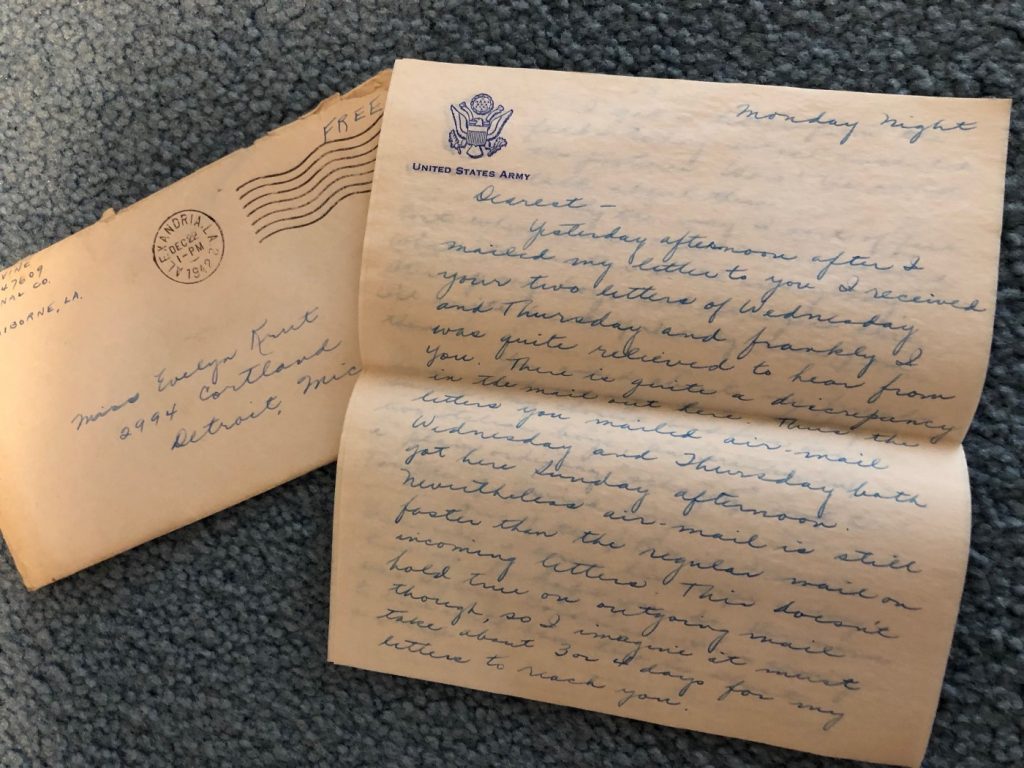
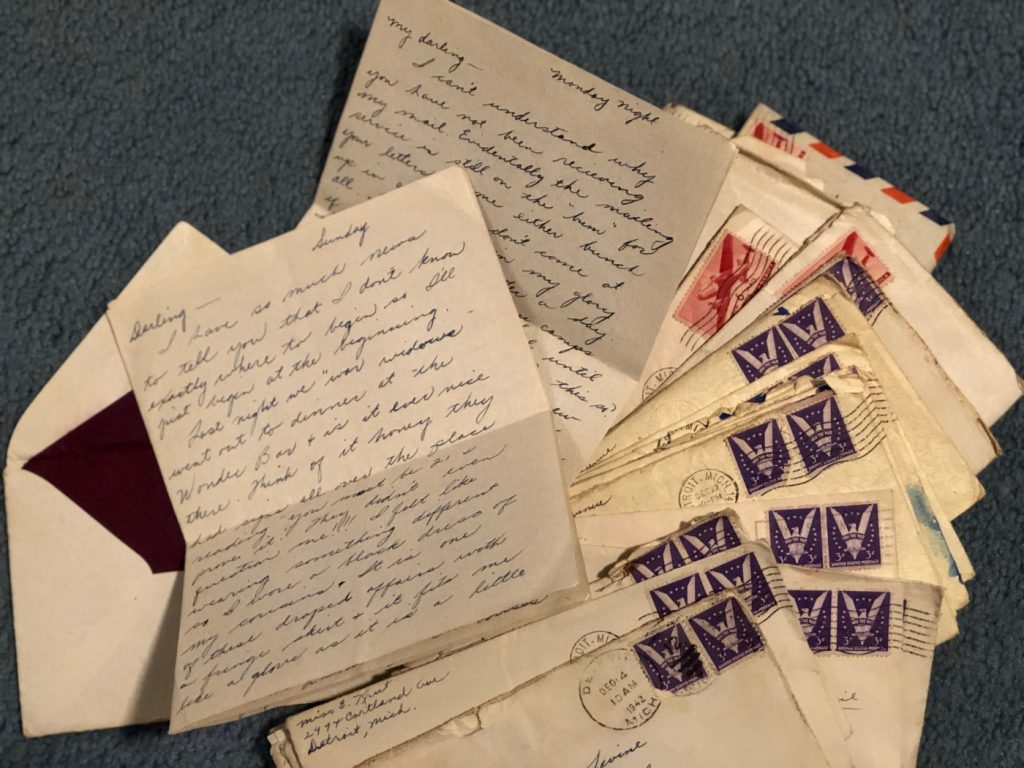

Laurie, you opened my mind with this perspective. Even though I had a traumatic experience with cursive, eliminating it to focus on test scores or tasks with little value is the the wrong reason! Not having had kids, I didn’t realize that they wouldn’t be able to read our legacy writing, although of course that makes sense. Alas, some things will need to be transcribed. I have letters that one of my grandfathers wrote, but because he started as a secretary (they were male in the 1920s), his letters were typed. Don’t get rid of those recipe cards yet, though, they are delightful.
Marian, one of my kids will inherit those stained, old recipe cards. But I know my grandkids won’t be able to read them. When they (rarely) want to cook something, they google a recipe, so I may as well toss the few cook books I’ve saved. I did transcribe some of my parents’ letters and then gave them to a niece who claimed she would do the rest. Who knows?
As usual, Laurie, you have the perfect story for this prompt! Your analysis is exactly right, and your illustrations are wonderful. Now I am feeling the desire to make your Mock Moussaka and your mother’s Choc. Meringue, but you have teased us by not giving us the complete recipes. Maybe for a small fee I can get you to give them to me offline. 🙂
Ha, Suzy. My mother-in-law’s recipe wasn’t as good as the real thing. She was a great cook, though, and passed down her soup recipes, which were awesome. I have her tureen but never make them, which is sad. My mother was a great baker and unfortunately I do make many of her recipes. Baking was always so much more fun for me than cooking, especially these days. Anyhow, I won’t charge you if you really want the complete recipes.
I agree, Laurie, something is lost when you can’t read the original letter, touch it, smell it. That link to the past is gone and that is sad. And yes, a signature is part of who we are, it is as unique as our finger print, it defines us. All that will be gone for good within a generation. Very sad.
Yes, Betsy, my kids probably don’t save letters and cards, with the exception of my middle daughter. I doubt my grandkids will care much about the links to our past that we cherish.
You summed it up perfectly, Laurie…and it depresses me as well, no matter how many times I try to apply logic. When you think about the fact that almost no one prints photos or writes letters any more, it seems like this generation will be leaving behind a pretty sterile legacy. I guess it’s called evolution, or vestigiality; we eventually lose what’s not used or necessary. But at least future generations won’t have to deal with the hordes of memorabilia, like that which we cherish but also weighs us down. So yes, best to scan and/or transcribe, if nothing else for your own peace of mind.
Barb, don’t get me started on the lack of photos in frames or printed photos in any form (before I moved converted my heavy albums to photo books). I actually spent a ridiculous amount of time scanning old photos from my parents and mother-in-law, as well as mine before 2003, when we got our first digital camera. Like you, I think a phone full of pictures is a pretty sterile legacy. When this generation ages, it will hopefully realize that memorabilia matters.
You’re right Laurie! I still find it strange to get thank-you notes for graduation and wedding gifts from young people who are obviously in their 20s or 30s yet write in what looks to me like very childish block letters!
Me too, although getting any note these days is increasingly rare. I’m happy to receive an email or a text. The art of thanking people is becoming lost.
You raise a great point, Laurie. At first, I thought your focus was going to be on the illegibility of your handwriting on the recipes. As such, I laughed thinking about how hard it is for me to read my mother’s recipe handwriting and equally difficult for my wife’s children to read hers. As to the latter, my wife has now started to type her recipes up on her computer.
But then I realized that you were saying much more than that. Namely, that our children may not have the skills to read handwriting. And, as you note, that is doubly sad, as it reflects both a loss of a form of learning and of personal connectivity with the writer. Unfortunately, I agree with you (even though, at this point, I only have a grand dog, and I know he can’t read a damn thing I write, even when I send him birthday cards with treats.)
LOL about the dog, John. although perhaps he could learn to tweet as well as #45. I still enjoy seeing the handwriting of my late parents and in-laws. Perhaps scholars in the future will need to take cursive reading classes as part of their advanced educations.
John, sorry your dog is so thoughtless!
Perhaps felines are more thoughtful as we always get cards from our cat and even from our grand cats (but as a matter of fact they are never in cursive!)